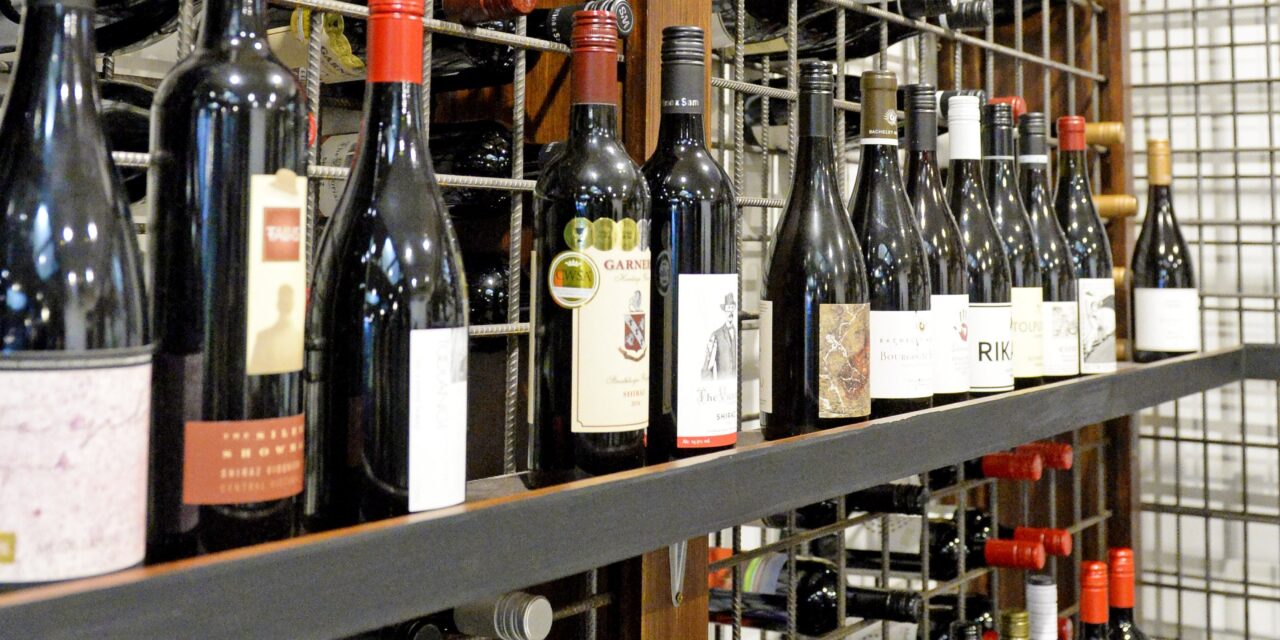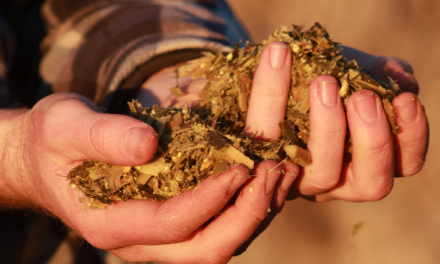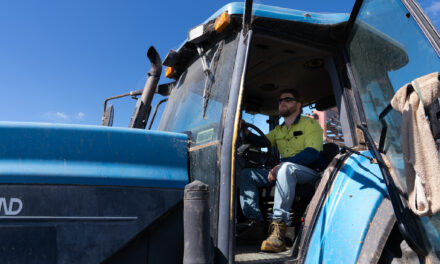The Chinese Ministry of Commerce announced in late March it was “no longer necessary” to impose sanctions on Australian wine imports.
Australian Grape & Wine chief executive Lee McLean said it could potentially take a decade for the market to recover to its pre-sanction levels, with less than $10 million worth of wine being exported annually to China.
“It will take years to get back to that $1.2 billion figure,” he said.
“Even if we get to half of what it was in a short period of time, that’s still a really significant export market for Australia.
“There’s no single market or collection of markets that can replace what we’ve lost in China over the last couple of years.”
Mr McLean said despite the “hugely positive” decision, his industry was still pushing for market diversification.
“That effort to grow opportunities in other markets is ongoing, and we’re going to need to keep doing that,” he said.
“We don’t want to get into a situation where we’re solely focused on China.”
Prime Minister Anthony Albanese said the outcome came at a critical time for the Australian wine industry.
“The re-entry of Australian bottled wine into the Chinese market will benefit both Australian producers and Chinese consumers,” he said.
“We acknowledge and thank Australian grape growers and wine producers for their fortitude and support during a challenging period.”
The tariffs were imposed at the height of diplomatic tensions in 2020 and made it unviable for Australian producers to export wine to China.
China’s tariffs on Australian wine amounted to a tax of 220 per cent.
As a result of the removal of duties, Australia will drop legal action against China at the World Trade Organisation that was initiated by the former coalition government.
“The Australian Government’s approach is to co-operate with China where we can, disagree where we must and engage in our national interest — the outcomes on barley and wine reflect that approach,” Mr Albanese said.
“We will continue to press for all remaining trade impediments affecting Australian exports to be removed, which is in the interests of both Australia and China.”
South Australian Wine Industry Association president Kirsty Balnaves said the Chinese market had changed since the duties were imposed.
“In-market competition for wine is now much stronger than before, meaning that there are increased choices for consumers at various price points,” she said.
“In addition, alcohol consumption has declined and opportunities for consumption, such as events, have reduced.”
Ms Balnaves said Australian exporters would need to visit the market to assess opportunities, create awareness, provide education, and re-introduce their wines to consumers, something that would take time.








